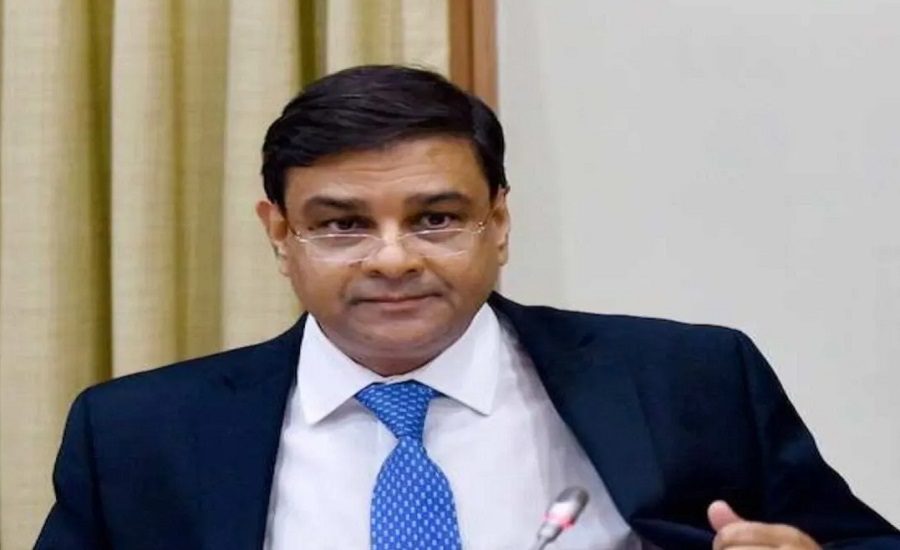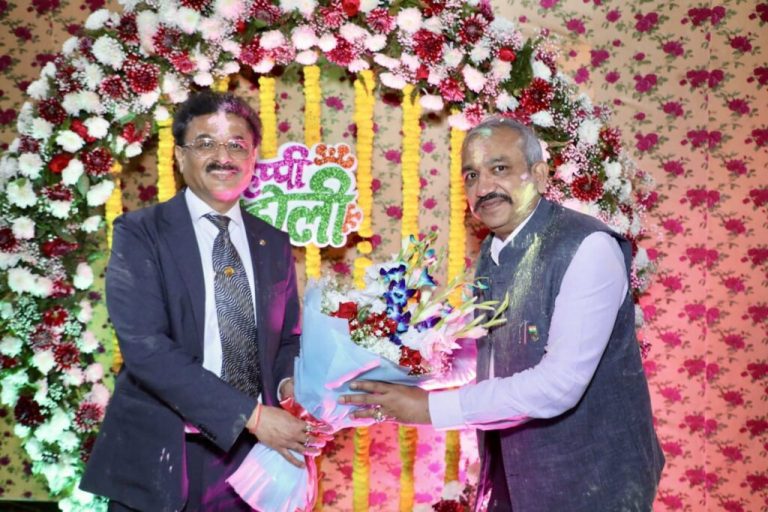In a high-profile appointment, the Appointments Committee of the Cabinet (ACC) has selected Dr Urjit Patel, former Governor of the Reserve Bank of India (RBI), as the Executive Director (ED) at the International Monetary Fund (IMF) representing India, Bangladesh, Bhutan, and Sri Lanka. Dr Patel will serve in this key international role for a three-year term.
This appointment comes four months after the abrupt termination of Dr Krishnamurthy V Subramanian, who held the same position until May 2025 and was serving since November 1, 2022.
Sudden Exit of Dr Subramanian Raised Eyebrows
Dr Subramanian’s unexpected removal, just days before a crucial IMF Board meeting scheduled for May 9, 2025, had attracted widespread attention both within India and in international policy circles. His term was slated to end in November 2025, and the premature termination sparked questions around timing and internal dynamics.
Dr Urjit Patel Brings Deep Experience in Global Finance and Public Policy
Dr Patel, who served as the 24th Governor of the RBI from September 4, 2016, to December 2018, brings with him extensive experience in macroeconomic policy, international finance, and institutional reforms. He had succeeded Dr Raghuram Rajan at the RBI and was known for his work on inflation targeting and monetary policy reforms.
His earlier association with the IMF (1990s) and his deputation to the Reserve Bank of India during 1996–1997 provided him a firm footing in guiding India’s financial reforms, especially in:
- Debt market development
- Pension fund restructuring
- Banking sector modernization
- Forex market evolution
Vast Government Experience in Reforms and Policy Design
Beyond the central bank, Dr Patel has worked closely with several central and state government bodies. His involvement included participation in or consultation to–
- High-Level Expert Group on Civil & Defence Services Pension System
- Task Force on Direct Taxes (Kelkar Committee)
- Prime Minister’s Task Force on Infrastructure
- Group of Ministers on Telecom
- Expert Group on State Electricity Boards (Ministry of Power)
- Committee on Civil Aviation Reforms
This vast policy exposure positions him as a capable representative for India and its South Asian neighbours in the IMF’s complex financial environment.
Strong Academic Credentials and Global Recognition
Dr Patel holds–
- Ph.D. in Economics from Yale University
- M.Phil from the University of Oxford
- B.Sc from the University of London
His academic background, coupled with decades of practical policy experience, makes him well-equipped to take on challenges at the IMF – especially at a time when global economies, including those in South Asia, are navigating post-pandemic recovery, geopolitical tensions, and climate-linked financial stress.
A Critical Time for Representation at IMF
The Executive Director role at the IMF is a strategic one, responsible for voicing the concerns, interests, and positions of the constituency countries. Dr Patel’s return to the IMF comes at a time when international financial institutions are under pressure to reform lending frameworks, enhance support for developing nations, and manage emerging geopolitical realignments.
As India plays an increasingly assertive role in global economic governance, the appointment of a seasoned economist like Dr Patel is expected to strengthen India’s voice at the global economic table.






























